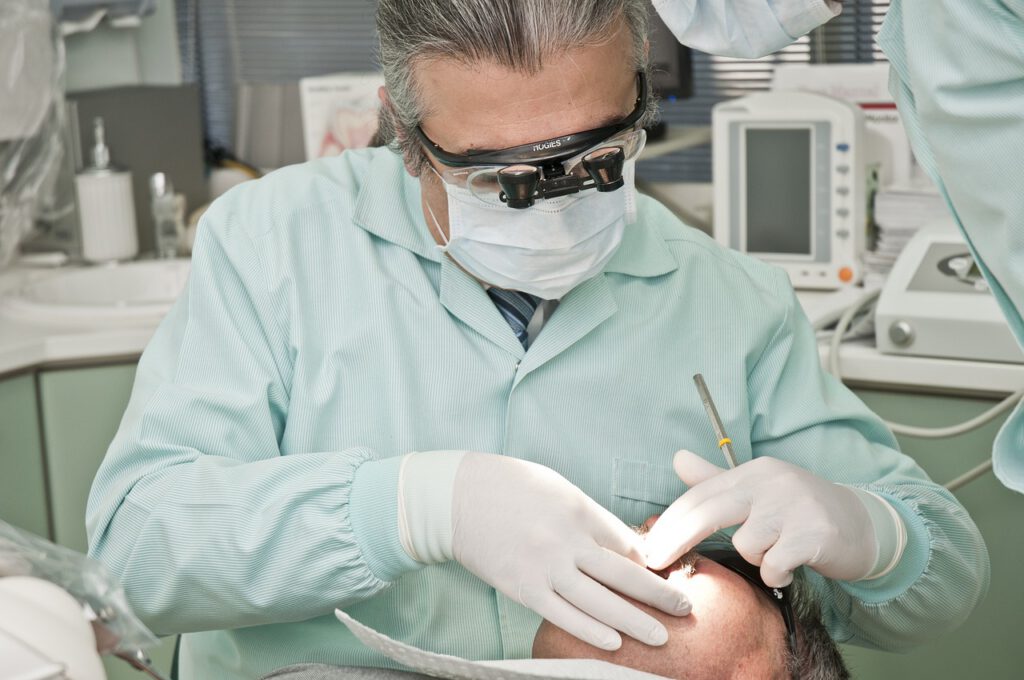Bridging Gaps: Access to Dental Care in Mississippi
by siteadmin

Access to quality dental care is a fundamental aspect of overall health and well-being. However, in states like Mississippi, disparities in dental care access persist, posing significant challenges to many residents. In this article, we’ll explore the various barriers to dental care access in Mississippi and discuss potential solutions to bridge these gaps.
The Dental Care Crisis in Mississippi
Mississippi ranks among the states with the highest rates of dental care disparities. Factors such as poverty, lack of insurance coverage, geographic isolation, and a shortage of dental professionals contribute to this crisis. Many residents, particularly those in rural areas, face significant hurdles in accessing basic dental services. As a result, preventive care measures are often neglected, leading to an increase in oral health problems.
Barriers to Access
- Geographic Barriers: Rural communities in Mississippi often lack access to dental clinics and providers, forcing residents to travel long distances for care.
- Financial Constraints: Many Mississippians lack dental insurance coverage or the financial means to afford regular dental visits, leading to delayed treatment and exacerbation of oral health issues.
- Shortage of Providers: There is a shortage of dentists, particularly in rural areas, exacerbating the difficulty in accessing timely care.
- Lack of Awareness: Some residents may not fully understand the importance of preventive dental care or may be unaware of available resources and programs.
Efforts to Bridge the Gap
Despite these challenges, several initiatives aim to improve access to dental care in Mississippi:
- Mobile Dental Clinics: Mobile dental clinics visit underserved areas, providing essential services to communities that lack access to permanent dental facilities.
- Teledentistry: Telecommunication technologies are being utilized to connect patients with dental professionals remotely, offering consultations and advice without the need for in-person visits.
- Community Outreach Programs: Nonprofit organizations and community health centers conduct outreach programs to educate residents about oral health and provide low-cost or free dental services.
- Legislative Action: Advocacy efforts and policy changes are necessary to address systemic issues contributing to dental care disparities, such as Medicaid expansion and loan repayment programs to incentivize dentists to practice in underserved areas.
Access to dental care is a critical component of overall health, yet many residents in Mississippi continue to face significant barriers to obtaining timely and affordable services. Addressing these disparities requires a multifaceted approach, including increased awareness, investment in infrastructure and workforce development, policy changes, and community-driven initiatives. By working together, stakeholders can bridge the gaps in dental care access and improve the oral health outcomes of all Mississippians.
Access to quality dental care is a fundamental aspect of overall health and well-being. However, in states like Mississippi, disparities in dental care access persist, posing significant challenges to many residents. In this article, we’ll explore the various barriers to dental care access in Mississippi and discuss potential solutions to bridge these gaps. The Dental…
Recent Posts
- Oh My Auto Detailing Elevates Car Care Standards with Cutting-Edge Paint Correction and Ceramic Coating Services
- Oh My Auto Detailing Introduces Advanced Ceramic Coating and Paint Correction Services in Florida
- Expert Cleaners Lexington Announces Commitment to Safe, Sustainable Cleaning Practices, Expanding to Georgetown, KY
- Rust Concerns in Mississippi Roofs: Understanding the Risks and Remedies
- HVAC Struggles: The Silent Symptom of Inadequate Roof Ventilation in Mississippi
